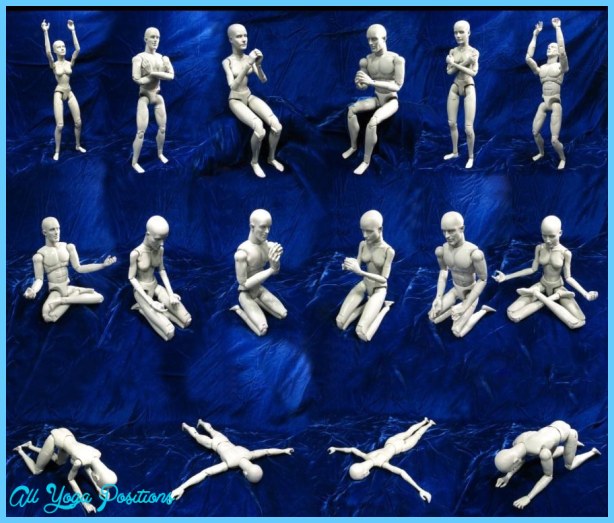Well, when you have reached this state of independence from the mind, there comes another difficulty. I am not speaking here particularly of what in Christian mysticism has been called the dark night of the soul. And by the way, I would rather call it dark nights of the soul, because the condition they speak of occurs more than once during the life of the soul. Generally, Christian mystics say that you have illumination first, then you have a period of purgation, during which you have all kinds of troubles; then afterwards you attain union with God. But in India we say that what Christians call purgation is punctuated by good periods as well as bad; in every stage you will come upon days when you are wonderful and other days when you are down in gloom. That cannot be avoided, because, as I said, the mind has a tendency of moving up and down. But in that higher state that gloom is so superior to the happy days of our lower existence that generally others would not call it so very bad.
What I have in mind here, however, is this: when you have a considerable realization of God, when you have approached Him and have had some very extraordinary experiences of Him, there is a chance, unless you are very cautious and have very carefully observed all the rules of this life, that there may come a reaction. You hear of many a yogi or monk who lived an ascetic life for years and years and then suddenly changed. Our Puranas, those Sanskrit books that record stories of sages and saints, are full of tales about their falls. You see, in that high state the drama of life is played on a very vast stage. It is not the little things of life that take place there; we have gone beyond the bounds of an ordinary finite life, and we are now engaged in a tug of w’ar between our highest realization and other mysterious forces because of which we originally were brought into this snare of phenomenal existence. If you have followed our philosophy, you will remember we say some primal force must have brought us into the realm of maya, and that when we want to get out of maya’s clutch and realize our infinite, eternal nature, our original nature, we have to give battle to that primal force, the primal force of ignorance. It is a battle that you are fighting in order to conquer the principle of time and space, of relative existence. And mind this: relative existence is not yours alone; it concerns the whole universe. So you are really fighting against the whole universe; you are defying the forces that have made this phenomenal world. Actually, there are forces that will bring you down. And here, again, one has to learn to maintain one’s balance.
Well, the books and the teachers say that the one thing that can save a person from an adverse reaction in that high state is the cultivation of vairagyam, dispassion. You start from a simple beginning, but you strengthen it and strengthen it as you go ahead. At every stage temptations will come honour will come, fame will come, and when you have reached a very high state, psychic experiences and powers will also come for your enjoyment. In regard to all of them you practise vairagyam. Sometimes people ask, Why should we not be interested in occult and psychic things? After all, they are a part of knowledge.’ Yes, that sounds so very convincing as an argument, but like most of our knowledge here, that kind of knowledge is also for self-interest. When you have knowledge of those other worlds you find wonderful things there, and at once you become tempted. Just as knowing things here you become caught in their snare, similarly, knowing those finer things, you can become ensnared by them. Rut if you have practised dispassion all along, you will easily be able to reject them.
You see, in every stage there is a danger that we might lose our balance, and in every stage alertness has to be cultivated and practised. In the lower state we have many battles in the concrete world. In the higher plane we have battles against the subtle forces of ignorance. And if you have read Samkhya philosophy you will find that many souls, having almost attained that state in which the Purusa, or the Spirit, becomes free, at the last become charmed by the higher graces of prakrti, or nature. You see, the nature that we see is the grossest part of this universe. There is a very fine part of the universe which is so attractive that even the very thought of it will make us weak, and those finer things are so vivid and real to a person that he may fall for them. The books call it a fall, although from our standpoint he is still in a most exalted state. Well, those are high things.
But the principle is always the same; therefore we should start cultivating balance and alertness from the very beginning. If we do it, we find that we have entered the narrow gate and are on the narrow road. Gradually that road widens, and we begin to see before us the goal we want to reach, the luminous City of God. We see it, and we know we are not far off from it.








